Core Values: Curiosity
Telcion has four core values and behaviors:
• Selflessness – Team before self.
• Work Ethic – Do whatever it takes to get the job done.
• Transparency – Open and honest communication about everything.
• Curiosity – A willingness to ask “why?” with a desire to learn new things.
These core values have been tested over many years and they embody Telcion’s culture. Let’s talk through the core value of curiosity and why it’s important.
Curiosity is the most recent addition to our list. It became obvious one day when observing the Telcion team that it was important to them to have an innate desire to learn, to grow, to ask questions – to be curious.
We noticed that we often asked each other questions like, “Why do we need to do this,” “Why does it work this way,” “How does this work,” or “I’m curious, tell me more about….” We also noticed that people were perturbed when a team member didn’t exhibit this value. “Why didn’t you ask ‘Why?’” they would say, “If you had just dug a little deeper and asked more questions, it could have prevented this issue.”
We place a high value on people that want to learn. If you are not a learner, you won’t fit well within the Telcion culture. It doesn’t mean you don’t have value, it’s just that Telcion will not be the best fit for you given the high priority we put on this value within a person’s life.
Throughout our hiring process, we interview for our core values by asking questions like, “Tell me how you exhibit curiosity on a day-to-day basis” or “How does curiosity show up in your life?” After we hire, we watch closely to see if they show them in their daily behavior.
One of our recent hires was from a different industry and before he even showed up for his first day on the job he was already asking curiosity questions. He wanted to learn. He wanted to know everything he could to be as prepared as possible when he got started. In the days and weeks after he started, it was more of the same as he absorbed the technical information of the job. When we see our values being shown early in the job, that’s a good sign we’ve found a good fit with our culture.
As another example of the importance of curiosity at work, one of our engineers was recently working closely with a client on a project that had many variables and decisions to make. During the course of the work, the client suggested an alternate solution to a problem. Our engineer hadn’t considered this particular solution before but was curious if it could really work. He made the effort, dug into it, and learned something new. The result was that the new information was used to solve the client’s issue and became a new option when deploying those specific solutions. It benefitted our client, benefitted Telcion, and benefitted the engineer. A win all the way around.
A curious person wants to know the bigger picture, wants to know how a task or project fits into the grander vision of what we are trying to accomplish, is always learning, and always looks for opportunities to grow in their life. They want to read books, try new things, become better at what they do. These desires will be obvious to everyone around them. A curious person doesn’t want to be in a stagnant environment.
The opposite of a curious person is one who does not eagerly seek to learn. They are indifferent, take instructions as-is, and don’t dig deeper to understand the why behind a specific task or project.
I believe curiosity is a mindset. Everyone has the ability to be curious, they just have to decide that it’s important to them.
Telcion is filled with team members who exhibit this value of curiosity, and it’s what makes our company culture great.
This article was contributed by Lance Reid, Telcion's CEO.

